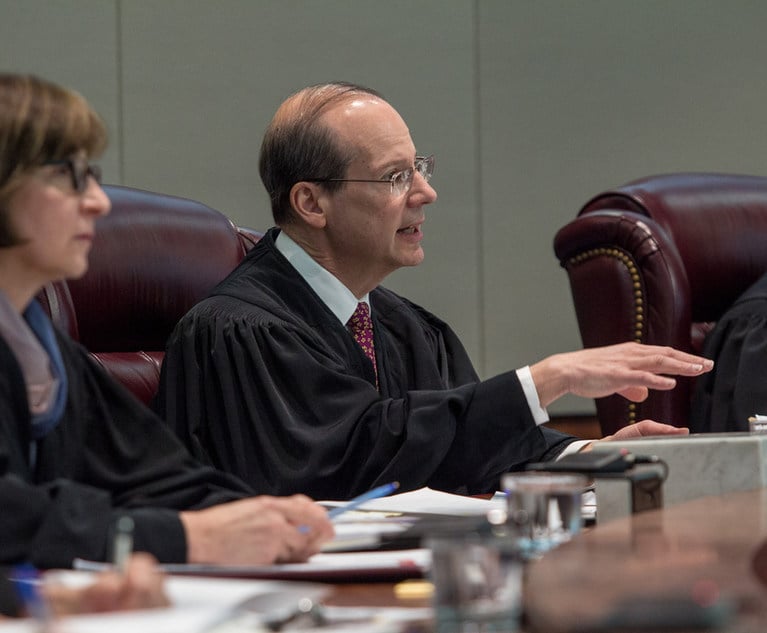Consider the following scene from the movie Casablanca:
RICK: How can you close me up? On what grounds?
RENAULT: I am shocked, shocked to find that gambling is going on in here!
[The croupier comes out of the gambling room and up to Renault. He hands him a roll of bills.]
CROUPIER: Your winnings, sir.
RENAULT: Oh. Thank you very much.
Julius J. Epstein, Casablanca 106 (1942).
This content has been archived. It is available through our partners, LexisNexis® and Bloomberg Law.
To view this content, please continue to their sites.
Not a Lexis Subscriber?
Subscribe Now
Not a Bloomberg Law Subscriber?
Subscribe Now
LexisNexis® and Bloomberg Law are third party online distributors of the broad collection of current and archived versions of ALM's legal news publications. LexisNexis® and Bloomberg Law customers are able to access and use ALM's content, including content from the National Law Journal, The American Lawyer, Legaltech News, The New York Law Journal, and Corporate Counsel, as well as other sources of legal information.
For questions call 1-877-256-2472 or contact us at [email protected]


 U.S. Supreme Court Building. James H. Pickerell – Fotolia
U.S. Supreme Court Building. James H. Pickerell – Fotolia




